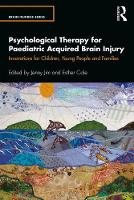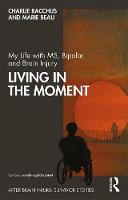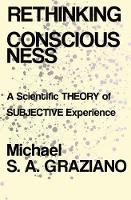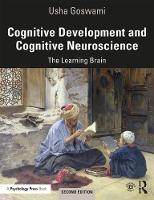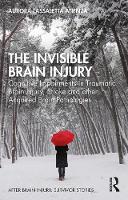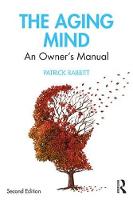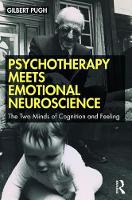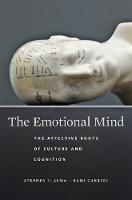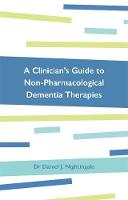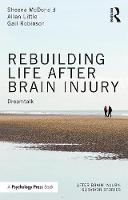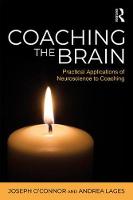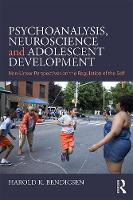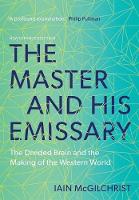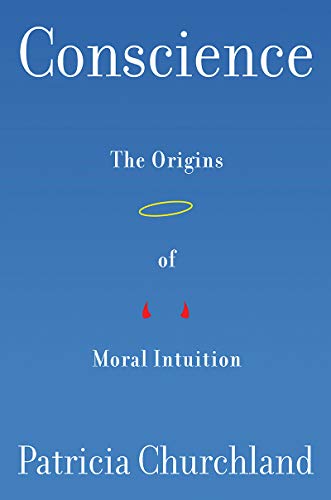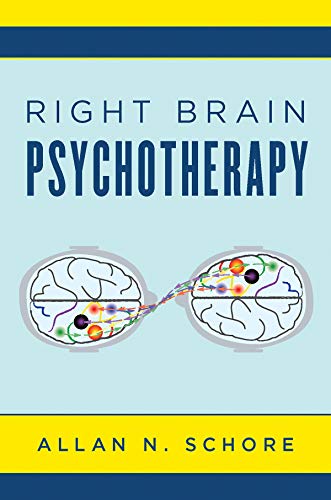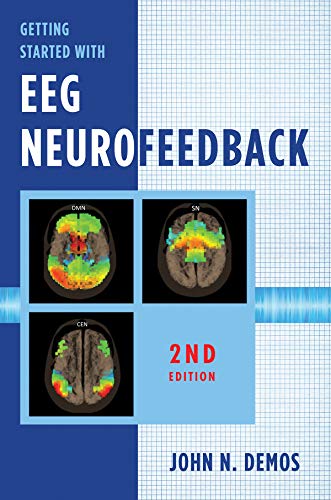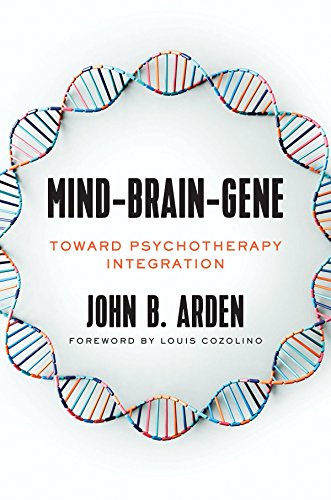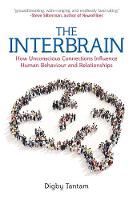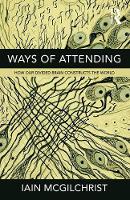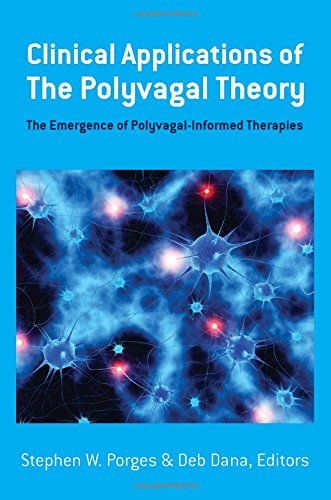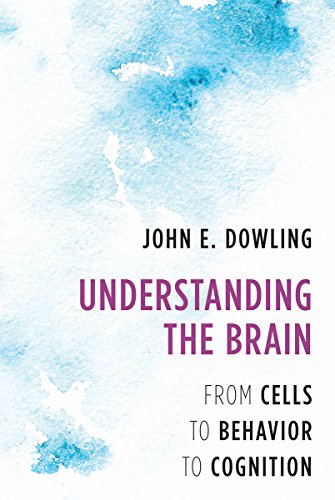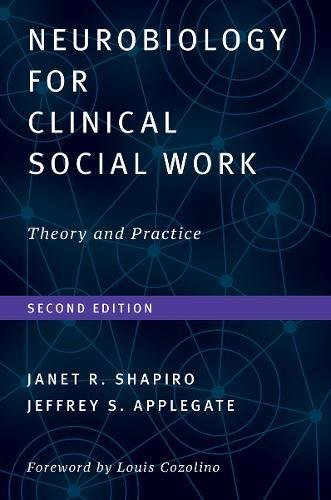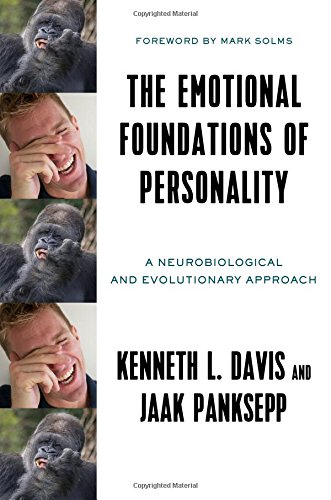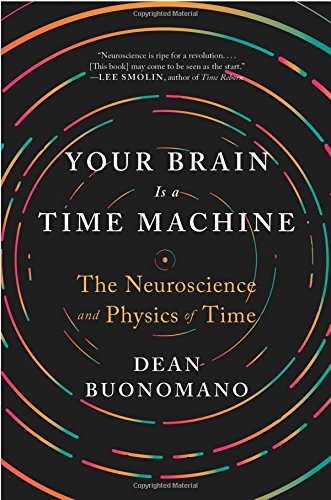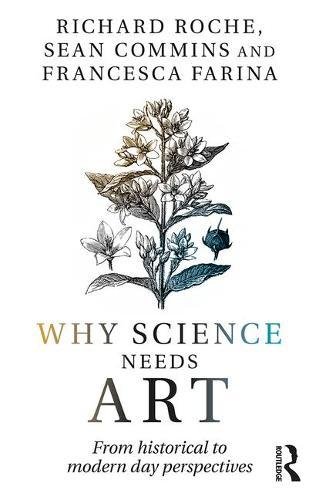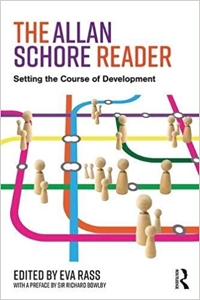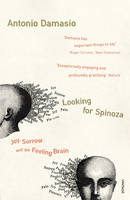Neuroscience Books
Childhood Disrupted: How Your Biography Becomes Your Biology, and How You Can Heal
A "courageous, compassionate, and rigorous every-person's guide" (Christina Bethell, PhD, Johns Hopkins Bloomberg School of Public Health) that shows the link between Adverse Childhood Experiences... (more)
Psychological Therapy for Paediatric Acquired Brain Injury: Innovations for Children, Young People and Families
Children, young people and families living with an acquired brain injury (ABI), whether through accident, illness, injury or abuse, are rarely offered psychological therapy, and yet the benefits of... (more)
My Life with MS, Bipolar and Brain Injury: Living in the Moment
This is the remarkable story of Charlie Bacchus, who was diagnosed with a severe case of viral encephalitis and later with multiple sclerosis and bipolar. This moving, funny, sometimes explicit book... (more)
Rethinking Consciousness: A Scientific Theory of Subjective Experience
Tracing evolution over millions of years, Michael Graziano shows how neurons first allowed animals to develop simple forms of attention: taking in messages from the environment, prioritising them and... (more)
Cognitive Development and Cognitive Neuroscience: The Learning Brain
Cognitive Development and Cognitive Neuroscience: The Learning Brain is a thoroughly revised edition of the bestselling Cognitive Development. The new edition of this full-colour textbook has been... (more)
The Invisible Brain Injury: Cognitive Impairments in Traumatic Brain Injury, Stroke and other Acquired Brain Pathologies
The Invisible Brain Injury recounts, in her own words, the experience of Aurora Lassaletta, a clinical psychologist who suffered a traumatic brain injury (TBI) after a traffic accident. Presenting... (more)
The Aging Mind: An Owner's Manual
The Aging Mind offers an accessible introduction to what research has revealed about how our bodies and brains age, and how these changes affect our everyday experiences and lives. This second... (more)
Psychotherapy Meets Emotional Neuroscience: The Two Minds of Cognition and Feeling
Psychotherapy Meets Emotional Neuroscience: The Two Minds of Cognition and Feeling introduces new insights from the neurosciences into the nature of our emotions and feelings, and argues for a more... (more)
The Emotional Mind: The Affective Roots of Culture and Cognition
Tracing the leading role of emotions in the evolution of the mind, a philosopher and a psychologist pair up to reveal how thought and culture owe less to our faculty for reason than to our capacity... (more)
A Clinician's Guide to Non-Pharmacological Dementia Therapies
The book outlines a range of non-pharmacological therapies clinicians can adopt in their daily practice and sets out information and advice on each therapy and how to implement them in practice,... (more)
Rebuilding Life after Brain Injury: Dreamtalk
Rebuilding Life after Brain Injury: Dreamtalk tells the survival story of Sheena McDonald, who 20 years ago was hit by a van and suffered a very severe brain injury. Sheena’s story is told from her... (more)
Coaching the Brain: Practical Applications of Neuroscience to Coaching
Everything we do, and sense, happens through our brain. In Coaching the Brain: Practical Applications of Neuroscience to Coaching, highly experienced coaches Joseph O'Connor and Andrea Lages ask and... (more)
Psychoanalysis, Neuroscience and Adolescent Development
Psychoanalysis, Neuroscience and Adolescent Development: Non-Linear Perspectives on the Regulation of the Self explores how psychoanalysis can combine its theoretical perspectives with more recent... (more)
The Master and His Emissary: The Divided Brain and the Making of the Western World - New Edition
A new edition of the bestselling classic - published with a special introduction to mark its 10th anniversary. This pioneering account sets out to understand the structure of the human brain - the... (more)
Conscience - The Origins of Moral Intuition
Patricia Churchland, the distinguished founder of neurophilosophy, reaches beyond the familiar argument of nature versus nurture to bring together insights from philosophy and revolutionary research... (more)
Right Brain Psychotherapy
An exploration into the adaptive functions of the emotional right brain, which describes not only affect and affect regulation within minds and brains, but also the communication and iterative... (more)
Getting Started with EEG Neurofeedback
Neurofeedback training combines the principles of complementary medicine with the power of electronics. This book provides lucid explanations of the mechanisms underlying neurofeedback as well as the... (more)
Mind-Brain-Gene: Toward Psychotherapy Integration
The evolution of psychotherapy in the 21st Century demands integration. Instead of choosing from the blizzard of modalities and schools of the past, therapists must move towards finding common... (more)
The Interbrain: How Unconscious Connections Influence Human Behaviour and Relationships
Digby Tantam presents his ground-breaking theory of the interbrain, the idea that human beings are endlessly connected by a continuous interplay of non-verbal communication of which we are unaware.... (more)
Ways of Attending: How Our Divided Brain Constructs the World
Attention is not just receptive, but actively creative of the world we inhabit. How we attend makes all the difference to the world we experience. And nowadays in the West we generally attend in a... (more)
Clinical Applications of the Polyvagal Theory - The Emergence of Polyvagal-Informed Therapies
This comprehensive edited collection brings together accomplished therapists, including those who work with children, EMDR, medical trauma, energy psychology, grief and more. All offer clinical... (more)
Understanding the Brain: From Cells to Behavior to Cognition
No reader curious about our little grey cells will want to pass up Harvard neuroscientist John E. Dowling's brief introduction to the brain. In this up-to-date revision of his 1998 book Creating... (more)
Neurobiology For Clinical Social Work, Second Edition: Theory and Practice
Powerful and practical tools are coming out of neuroscience research and clinical social workers will learn all about them in this thoroughly revised and updated edition of the now-classic... (more)
The Emotional Foundations of Personality: A Neurobiological and Evolutionary Approach
This book presents the wealth of scientific evidence that our personality emerges from evolved primary emotions shared by all mammals. Yes, your dog feels love-and many other things too. These... (more)
Your Brain Is a Time Machine: The Neuroscience and Physics of Time
Time is the most common noun in the English language yet philosophers and scientists don't agree about what time actually is or how to define it. Perhaps this is because the brain tells, represents... (more)
The Polyvagal Theory in Therapy: Engaging the Rhythm of Regulation
Written for all therapists who want to understand this groundbreaking theory as it might actually show up in their day-to-day practice, this book offers a comprehensive approach to polyvagal-informed... (more)
Why Science needs Art: From historical to modern day perspectives
The Pocket Guide to the Polyvagal Theory: The Transformative Power of Feeling Safe
This book distills that theory into practical clinical tips, explaining its relevance to the social engagement system and offering clinical examples, including cases of trauma and autism. (more)
The Allan Schore Reader: Setting the Course of Development
Eva Rass, a leading expert on the work of Allan Schore, presents a collection that provides an overview of his core ideas and makes accessible the evolution of his thought. Including interviews and... (more)
Looking for Spinoza: Joy, Sorrow and the Feeling Brain
Joy, sorrow, jealousy and awe - these and other feelings are the stuff of our daily lives. Presumed to be too private for science to explain and not be essential for comprehending human rationality... (more)



